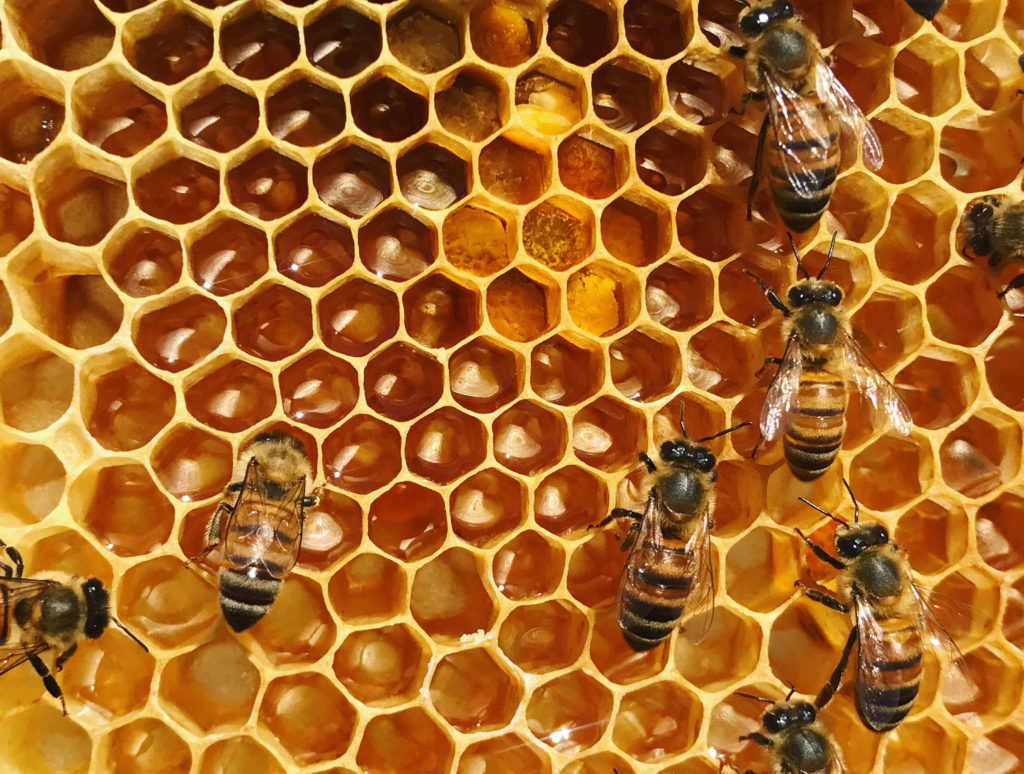The cold winter months have come to an end and signs of new life stir in the world around us. Plants sprout from their dormant state and animals awaken from hibernation. Spring is finally here!
SO WHAT DOES SPRING MEAN FOR HONEYBEES?
Activities in Honeybee colonies vary depending on the seasons, but spring is one of the most important times of the year for this species. Honey stored from the previous year has allowed for the colony to survive the cold winter and now it’s time to begin a new supply.
While spring is an important time to begin restocking the colonies food supply, there are also many other things at work in the colony. Spring is the queens mating and egg production season. This gives the opportunity for new colonies to form and old colonies to re-emerge and grow their population.
Worker bees don’t waste any time when it comes to collecting pollen for the hive. As soon as the first signs of pollen start to emerge in the spring the bees begin gathering for food. A worker bee can visit anywhere from 50 to 100 flowers before having to return back to the hive to dispose of collected pollen. A bee has the potential to visit over 2,000 flowers per day.
IMAGE FROM THECONVERSATION.COM

HOW CAN YOU HELP THE HONEYBEE?
There are things that you can be doing in your own backyard to help ease the stress of the honeybee in big ways. Though some weeds can be an eyesore, being careful of what you clean out of your garden while waiting for new growth is important. Dandelions, which are often looked at as a weed to rid the garden of, are an extremely important nectar provider.
Instead of weeding them keep them around for the honeybees until more flowering sources begin to bloom. Planting native flowers to the region where you live is also something that can benefit this species. Honeybees are known to especially love sunflowers, daffodils, and honeysuckle. With a little help from their fellow humans, we can ensure that honeybees have everything they need for a successful honey-making season!
Want to learn more about the importance of honeybees? Check out the button below:
